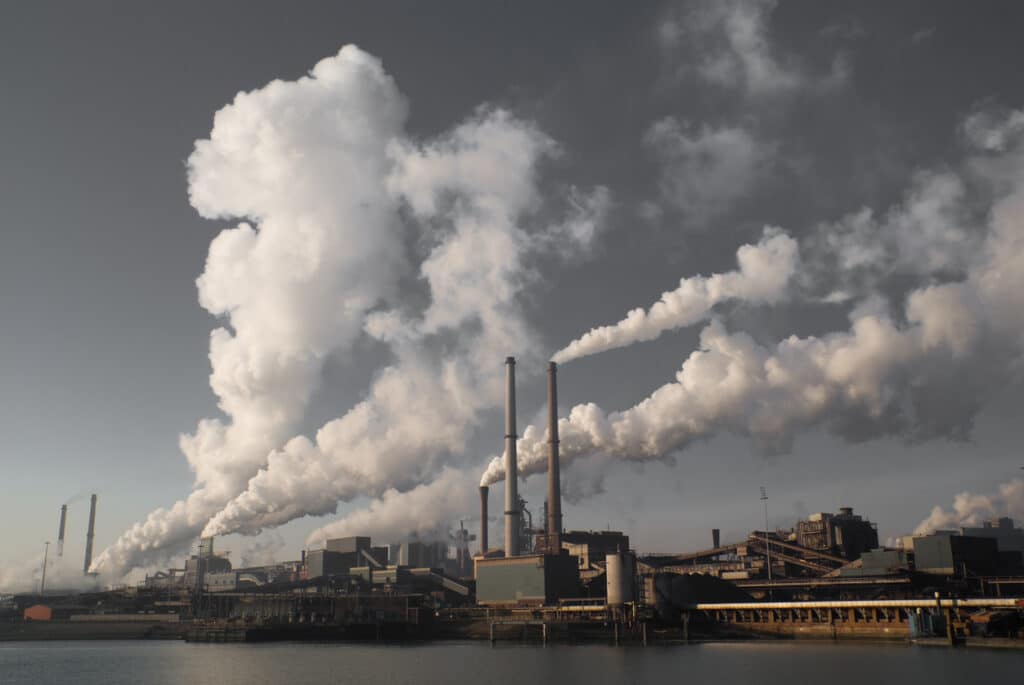In light of the growing trend of climate change litigation, companies who ignore their potential exposure to climate change litigation might see their operations, value and profitability severely affected.
Climate change litigation continues to grow and diversify, spreading to increasing numbers of jurisdictions and areas of law. This growth and diversity reflect the increasing urgency with which the climate crisis is viewed by the general public around the world and the growing understanding of the role that different actors – particularly those in the financial markets – will need to play in the transition to a net-zero global economy.
Actors that do not take notice of this development, either by failing to adopt serious long-term strategies and targets, or by failing to make serious efforts to achieve their targets once set, may find themselves at increasing risk of litigation. Similarly, where some actors may previously have been tempted to avoid engaging in a fully transparent appraisal of climate risks to avoid being held to account for a failure to address them, such an approach may now be becoming increasingly untenable.
Activism and advocacy
One potential driver for (and effect of) the rise in strategic cases in which climate change plays a central role may be the growing interest of climate change activists and the general public in resorting to court action. The clearest example of this can be found in the case of Notre Affaire à Tous and others v. France, also referred to as L’Affaire du Siècle or The Case of the Century. This case, brought by four French NGOs, was supported by over 2.3 million members of the public who signed a petition submitted with the court filings. While this is not the first case to enjoy widespread public support – the Belgian case of VZW v. Kingdom of Belgium, et al. filed in 2015 had almost 60,000 citizens registered as co-claimants – it is nonetheless the greatest level of support known to date.
Such cases suggest that citizens may be taking to the courts rather than to the streets to demonstrate anger over government inaction on climate change. This trend can also be seen by the prevalence of cases supported by crowd-funding campaigns; a review of UK based website ‘CrowdJustice’ from March 2021, for example, revealed 18 climate change-related entries.
Not all claims against major emitters seek compensation for loss and damage caused by climate change. An increasing number of claims focus instead on financial risks, fiduciary duties and corporate due diligence, which directly affect not only fossil fuel and cement companies, but also banks, pension funds, asset managers and major retailers, among others.
Moreover, there are several lawsuits against governments that might have an indirect impact on companies and financiers. Claims with direct impact on companies, fund managers and/or their fiduciaries have raised issues around inadequate disclosure and disinformation. Combating these practices is the underlying driver in cases that challenge corporate strategy and governance regarding climate risks. Many of these cases consist of claims raising the lack of, or insufficient disclosure of, climate-related information to protect shareholders, consumers and investors.
Intentional, deceptive action also constitutes the basis for the so-called ‘greenwashing’ cases. These are based on inconsistencies between discourse and action on climate change and arise when marketing campaigns are said to be misleading and/or overstate advertised performance or benefits. These claims have been seen particularly against energy companies, relating to, for example, how advertising campaigns have portrayed the scale of businesses’ carbon activities or, conversely, of their renewable and low-carbon activities
Contrary to popular understanding, not all direct costs will arise at the end of legal proceedings. The total costs arising from climate change litigation go beyond direct costs. Institutions can also be affected by climate change litigation against third-parties. In particular, financial institutions can incur indirect costs when one of its client debtors is involved in climate change litigation. Climate change litigation against companies in the same industry can also give rise to indirect costs as a result of “wake up call” effects.
Reputational costs are pervasive. They can arise at different stages of the litigation process, and they can do so in the form of direct or indirect costs. Whether they are also the most significant type of cost is an empirical question.
Watch:
Extinction Rebellion speaks to SpeakOut SpeakUp about Whistleblowing
